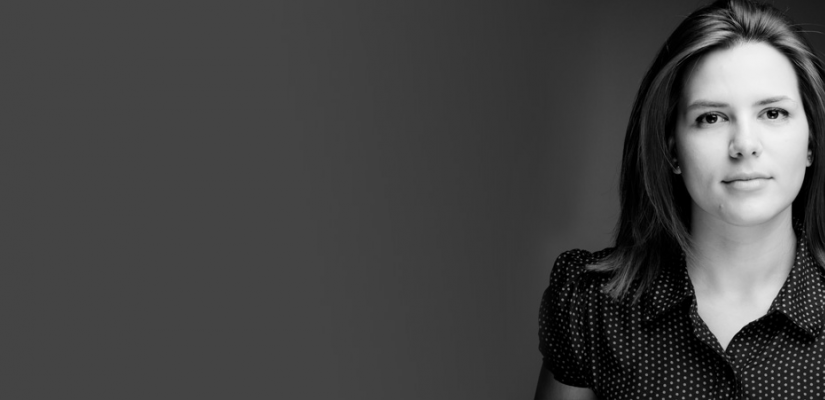
"The first thing that I bought from the grant was a very good physiology textbook..."
She graduated from University of Medicine and Pharmacy, Bucharest, with excellent results. Currently Corina is enrolled in the Romanian Medical Oncology Residency Program. In 2010 Corina became the student of the year in Medicine (the prize was awarded by the Volunteers for Ideas and Projects Foundation). During clinical years of medical school she participated in multiple international and national medical congresses and conferences as author or co-author of papers covering a wide range of medical topics. Corina has been involved in international medical exchange programs in Hungary, Italy, France, Russia and Mexico. We recommended Corina to the Association of Schools of Public Health in the European Region (ASPHER) which organized a plenary in EUPHA-Milan in 2015 October titled Plenary 5: The global public health professional. Corina was one of plenary speaker talking about the RHSP and the role of the program in sensitizing medical professionals about the needs of vulnerable groups and combating stereotypes, discrimination.- What was the most difficult in your first year?
My first year of medical school was very difficult both because the subjects studied then were hard to learn and especially because I had big financial problems ( the high cost of living in Bucharest, away from my parents, medical textbooks were very expensive and so on). For me the first year I received the scholarship represented a huge change: I remember the first thing that I bought from the grant was a very good physiology textbook.
- What was helpful (if anything), in the scholarship component/ set up?
The scholarship component helped me a lot because I was able to focus on my school work and other academic activities without having to get a job in order to support myself. I achieved was is written in my cv today only because I invested all my time and efforts in my study and because my mentor was there to help and guide me.
- Tell us about your relationship with your mentor
I have a close relationship with my mentor- she was the one pushing me to get involved in academic and non academic extracurricular activities. She was there all the time telling me I have the potential to do better and after the advocacy summer school and the long talks I had with her I really understood the importance of personal development. My involvement in extracurricular activities (the majority recommended by my mentor) was very rewarding and actually contributed to better academic results. A significant part of our meetings took part in the hospital and that was important for me as medical student when access was not facilitated in any way.
- In insight, what was the most interesting in the scholarship?
I believe that each component was equally important (without the financial resources and the mentor’s guidance I would definitely not have the academic situation I have today).
The Advocacy camp was one of the most interesting component because I had the chance to learn a lot about communication, public heath, discrimination laws and most important about Roma traditions and culture. It helped me realize the situation of many Roma communities and define my role in the future.
- Did you sense an evolution in the way non-Roma people in the medical system have treated you overtime? Your mentor? Non- Roma students? Non-Roma doctors?
If at the beginning non-Roma students and doctors were amazed to find out that a Roma student can be very good and always told me I am only an exception, overtime those around me used less the word gipsy and I felt they moderated their attitude regarding Roma people.
My relation with my mentor improved because we got to know each other and to work better together.
- What is the most important thing you learnt thru this experience?
I have learnt that is very hard to change mentalities but not impossible. You have to be better than non-Roma in order to be listened to and to give an example. I like to believe that I have managed to change a bit the people around me (colleagues, friends and professors) but this is only a first small step. It takes a long process to make people open their minds and hearts and I will continue to do that.

